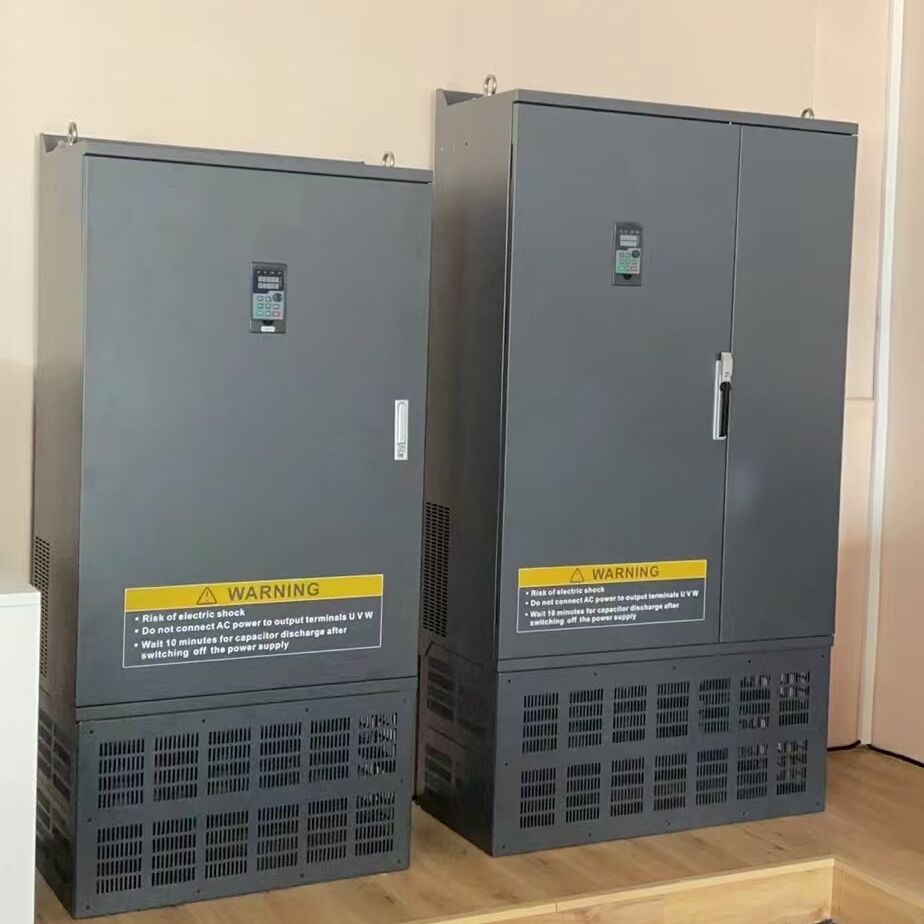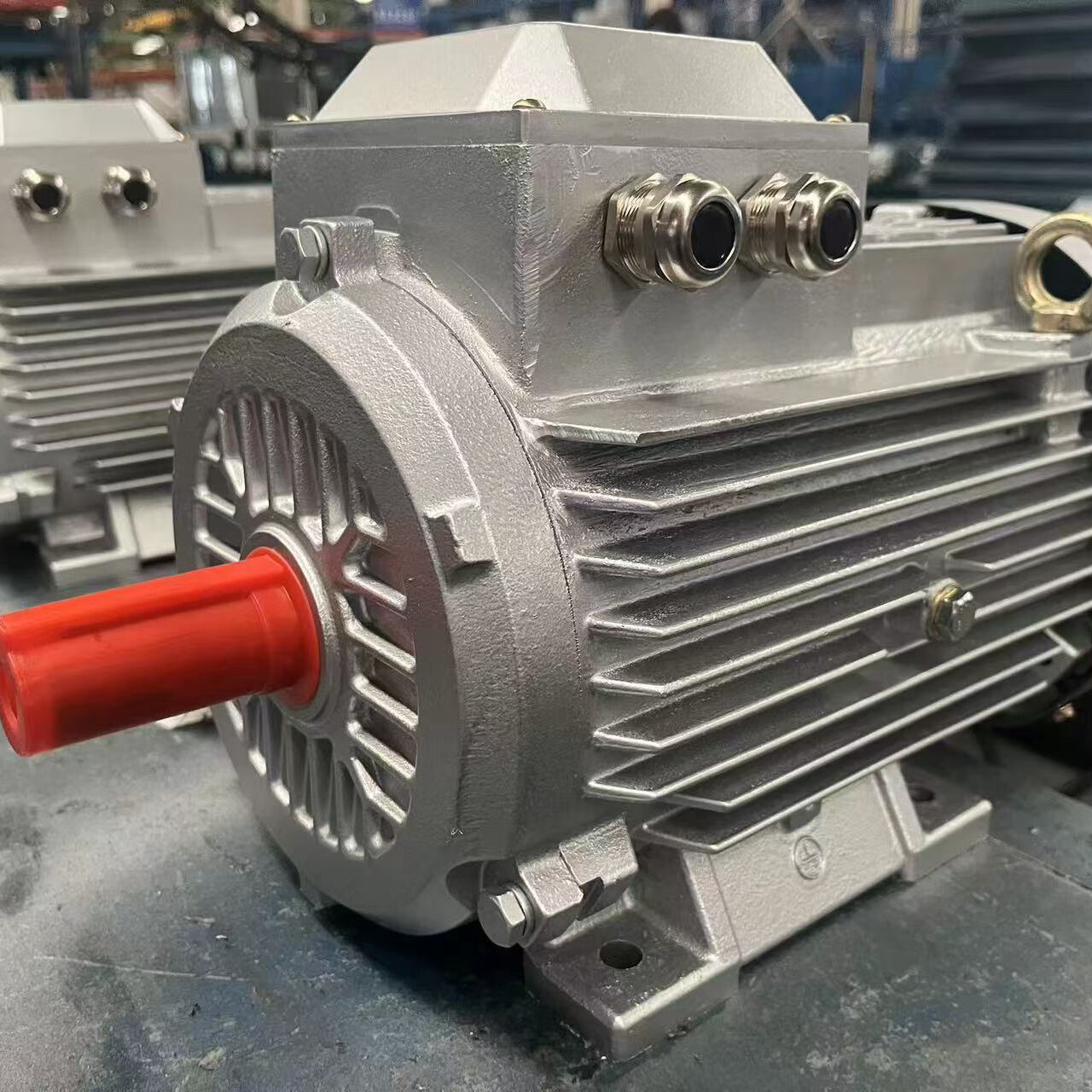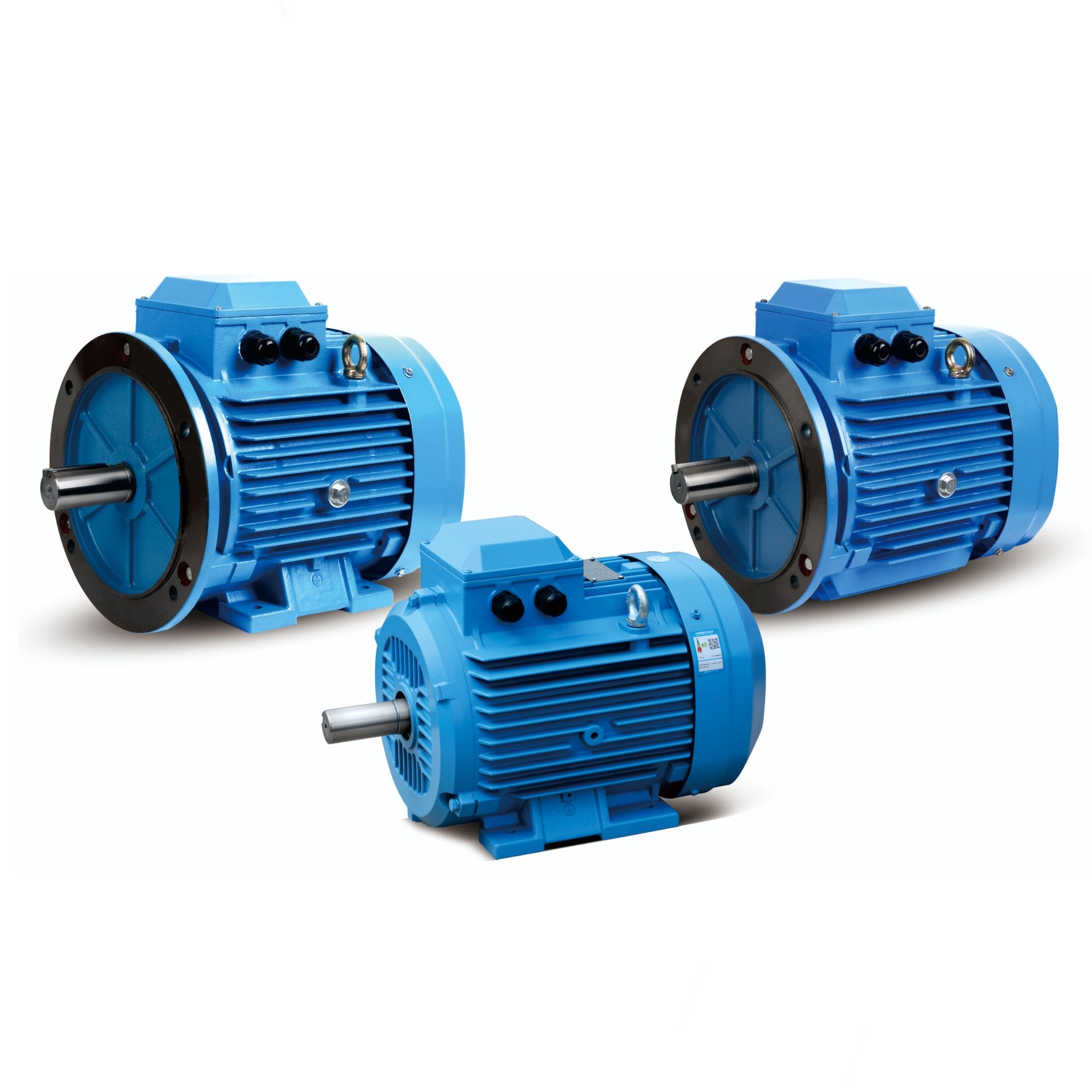variable frequency converter
A variable frequency converter, also known as a variable frequency drive (VFD), is a sophisticated electronic device that controls the speed and torque of electric motors by modifying the frequency and voltage of power supply. This advanced technology enables precise control over motor operations, making it an essential component in modern industrial applications. The converter works by converting fixed frequency AC power to DC, then converting it back to variable frequency AC power, allowing for stepless speed regulation of electric motors. The system incorporates multiple protective functions, including overcurrent protection, overvoltage protection, and thermal protection, ensuring safe and reliable operation. Variable frequency converters feature intelligent control systems that can automatically adjust motor speed based on load requirements, significantly improving energy efficiency and reducing wear on mechanical components. They are widely implemented across various industries, from manufacturing and processing facilities to HVAC systems and renewable energy installations. The technology supports both open-loop and closed-loop control modes, offering flexibility in application and precise speed regulation capabilities.



